Values and Ethos
The pupils at our school are all taught to respect the following code of behaviour:
Promoting British values as part of SMSC
All school are required to promote children’s social, moral, cultural, mental and physical development. As part of our school ethos and through the broader curriculum we aim to develop children’s spiritually, morally, socially, and culturally. We teach this into the teaching of fundamental British values.
“Schools should promote the fundamental British values of democracy, the rule of law, individual liberty, and mutual respect and tolerance of those with different faiths and beliefs. This can help schools to demonstrate how they are meeting the requirements of section 78 of the Education Act2002, in their provision of SMSC.
Actively promoting the values means challenging opinions or behaviours in school that are contrary to fundamental British values. Attempts to promote systems that undermine fundamental British values would be completely at odds with schools’ duty to provide SMSC. The Teachers’ Standards expect teachers to uphold public trust in the profession and maintain high standards of ethics and behaviour, within and outside school. This includes not undermining fundamental British values.” - Promoting Fundamental British values as part of SMSC in schools (DfE, 2014)
Fundamental British values
- We take responsibility and show respect for ourselves for ourselves and others.
- We are gentle.
- We don’t hurt others.
- We are kind and helpful.
- We don’t hurt anybody’s feelings.
- We listen.
- We don’t interrupt.
- We are honest.
- We don’t cover up the truth.
- We work hard.
- We don’t waste our own or others’ time.
- We look after property.
- We don’t waste or damage things.
Promoting British values as part of SMSC
All school are required to promote children’s social, moral, cultural, mental and physical development. As part of our school ethos and through the broader curriculum we aim to develop children’s spiritually, morally, socially, and culturally. We teach this into the teaching of fundamental British values.
“Schools should promote the fundamental British values of democracy, the rule of law, individual liberty, and mutual respect and tolerance of those with different faiths and beliefs. This can help schools to demonstrate how they are meeting the requirements of section 78 of the Education Act2002, in their provision of SMSC.
Actively promoting the values means challenging opinions or behaviours in school that are contrary to fundamental British values. Attempts to promote systems that undermine fundamental British values would be completely at odds with schools’ duty to provide SMSC. The Teachers’ Standards expect teachers to uphold public trust in the profession and maintain high standards of ethics and behaviour, within and outside school. This includes not undermining fundamental British values.” - Promoting Fundamental British values as part of SMSC in schools (DfE, 2014)
Fundamental British values
British Values |
For Pupils |
For the wider community |
Democracy Promotion of democratic processes, fostering the concept and application of freedom of speech and group action to address needs and concerns. Key to this is the concept of holding others to account, including those in positions of authority and influence. Making Decisions together |
School council – candidates write their own manifesto Secret Ballots – voting for team names using ballot papers and polling booths Assemblies Newspaper Club Democratic processes e.g choosing rewards for Golden Time (KS2) Debating Persuasive writing Learning about rights and responsibilities in historical societies e.g. Romans Workshops e.g “Build a House in a Day” PSHE and SEAL Whole school ethos to encourage and support working together Regular group, paired and collaborative work Talk partners |
Consultations – new school build, Multi Academy Trust proposal Questionnaires Governor elections Parent Voice |
Rule of Law The importance of laws and rules, whether they are those that govern the class, the school or the country, are consistently promoted throughout the day and across the curriculum. |
Class contracts Class rules School Rules Golden Time Class monitors Promoting Positive Behaviour Policy Visual timetables Personalised reward charts PSHE and SEAL curriculum Visitors – Parish councillors, Police, West Devon Mayor Following rules in PE – respecting the referees decision Health and Safety rules – science, DT Road Safety (split site) Use of restorative justice Assemblies Displays |
Home School Agreement IT User Agreements – for pupils and staff Abiding by the law i.e. no smoking site DBS checks Conduct Policy |
Individual Liberty Pupils are encouraged to know, understand and exercise their individual rights and responsibilities and advised how to use these safely. |
Pupil voice – input into curriculum planning Pupils making choices within the safe and secure school environment, The arts – discussion and personal expression “Compliment cards” Class assemblies and whole school assemblies School plays School teams Show and Tell, celebration time, Circle time Free choice – dressing up Anti-bullying Week Raising awareness of stereotyping and promoting anti-discrimination Children being given choices – style of writing, genres, choice of resources and equipment “Rate my Play” Personalised plans Yr 6 Life Skills Wide range of Extra-curricular clubs |
E safety information for parents Sex and Relationship information for parents Choice of charities we support each year |
Mutual Respect and tolerance of those with different faiths and beliefs and for those without faith Celebrations of different faiths and cultural beliefs, inviting members of the school community to share their knowledge to enhance learning within the class in school, visits to and from different religious groups. Religious Education: Gaining a greater understanding of religious diversity and practices, which covers key religions represented in the UK. Planning for the subject is directed by the 'Standing Advisory Council on Religious Education (SACRE) - Agreed Syllabus for Religious Education for Torbay and Devon |
Visitors – e.g Imam from Exeter Mosque Trips to experience multi-cultural Britain – Bradford (Yr 6) Supporting charities – Children in Need Kindness tree – (Yr 5) Vicar led assemblies RE, MFL, SEAL and PSHE curriculum Yr R Christian and Muslim weddings Yr 1 “baptism” Visits to places of worship e.g. church, synagogue Assemblies Celebrating festivals – Divali, Eid, Hanuka, Christmas, Chinese New Year Multi - cultural Britain – food tasting, dressing up, displays, video clips, Stories from other cultures Celebrating origins of children – Indian, Polish and Hungarian topics |
E safety information for parents Sharing skills and knowledge of different faiths Remembrance Day Inviting speakers from local community |
Promoting British Values is not a “bolt on” it is part of the whole school ethos. It permeates across the whole school curriculum for example from our choice of resources, visitors and visits, display and text choices.
Some of the Texts shared so far this year -
“Oranges in no man’s land” – Elizabeth Laird
“Christoph’s Story” – Nicki Cornwell
“Cloud busting” – Malorie Blackman
“Rose Blanche” – Roberto innocent and Ian McEwan
“Friend or Foe” – Michael Morpurgo
“Handa’s Surprise” – Eileen Browne
“Mr Stink” – David Walliams
“The Election” – Eleanor Levenson
Some of the Texts shared so far this year -
“Oranges in no man’s land” – Elizabeth Laird
“Christoph’s Story” – Nicki Cornwell
“Cloud busting” – Malorie Blackman
“Rose Blanche” – Roberto innocent and Ian McEwan
“Friend or Foe” – Michael Morpurgo
“Handa’s Surprise” – Eileen Browne
“Mr Stink” – David Walliams
“The Election” – Eleanor Levenson


